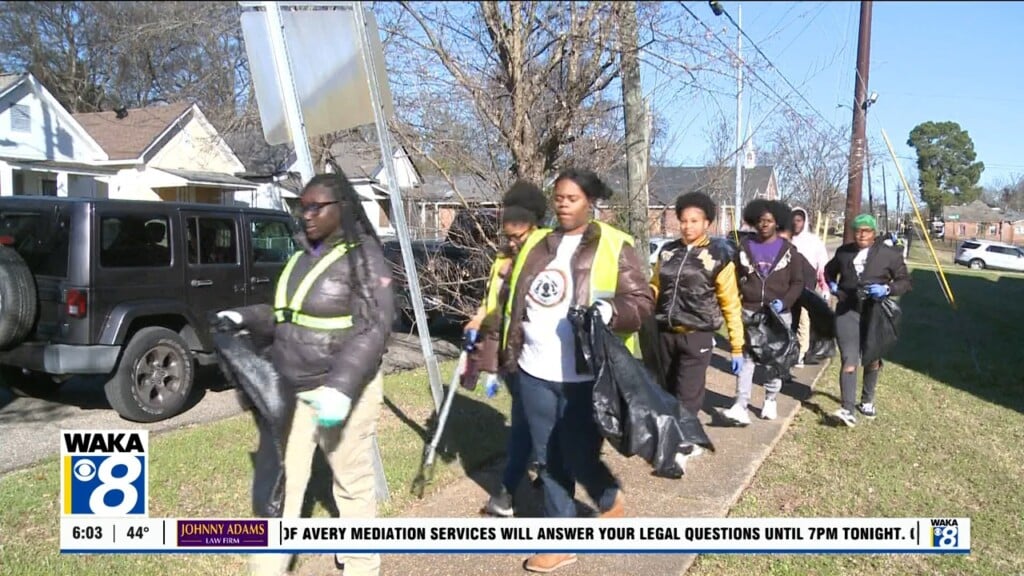What the Tech: Help for parents whose children are victims of sextortion
By JAMIE TUCKER Consumer Technology Reporter
No shortage of online scams attempting to steal identities, money, or passwords But while those usually target older computer users, the most vile and dangerous scam targets children.
Sextortion crimes are quite common and a large percentage of young users of social media and devices are enticed to take and share nude photos of themselves.
Parents seldom know it’s happening.
“What we noticed is that so often, kids are very scared when they’ve experienced this type of victimization,” explains Kathryn Rifenbark from the National Centers for Missing and Exploited Children.
“They don’t want to talk to law enforcement. They are scared to talk to their parents, and oftentimes they might be too scared to talk to an organization like the national center.”
They’re often pressured to send more nude photos or money. They’re threatened that if they don’t follow directions, the criminal will share their photos on social media for friends and family to see.
Meta, the owner of Facebook and Instagram has introduced a new security feature to help make it more difficult for the blackmailers to contact kids.
The new updates include a tool where accounts of suspicious adults are unable to contact or follow an underage account.
If the creep reaches out to a child or tries to follow their account the child will receive a notification that the person sending the request is someone who may not be who they say they are.
The notification also includes links to the NCMEC where they can report the account and even report any photo they shared with the scammer.
It’s important to note though that the warnings will go out to accounts belonging to children. If a child lies about their age on the platform the suspicious adult will still be able to send messages and follow the accounts.
It’s also important for parents to understand it isn’t just ‘troubled kids’ falling for sextortion scams. Even if the parent thinks “My child would never do that”, they can still get caught up in a conversation and send photos.
“This is affecting all types of children,” said Rifenbark. “So often when caregivers are reaching out to us they say they had no idea this was going on and that their child didn’t show any outward signs.”
“Children who are experiencing this type of situation often are doing a good job of trying to hide that secret from everyone else in their lives,” she said. That’s why it’s so important for families to have those open lines of communication to be available for their children if this is happening to them. It might be our natural reaction to have anger or ask ‘how could you do this?’ but for the child, they’re already feeling a lot of despair and a lack of hope.”
If you or your child has been enticed to share nude or explicit photos with a stranger, reach out to The National Center for Missing and Exploited Children’s “Take it Down” tool to report and remove the image from social media platforms.






